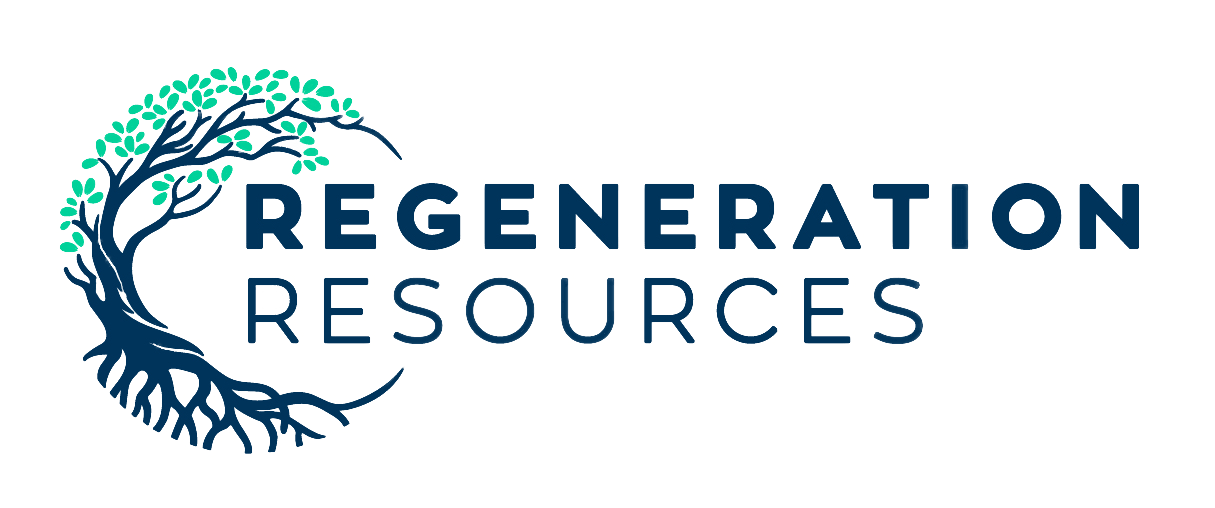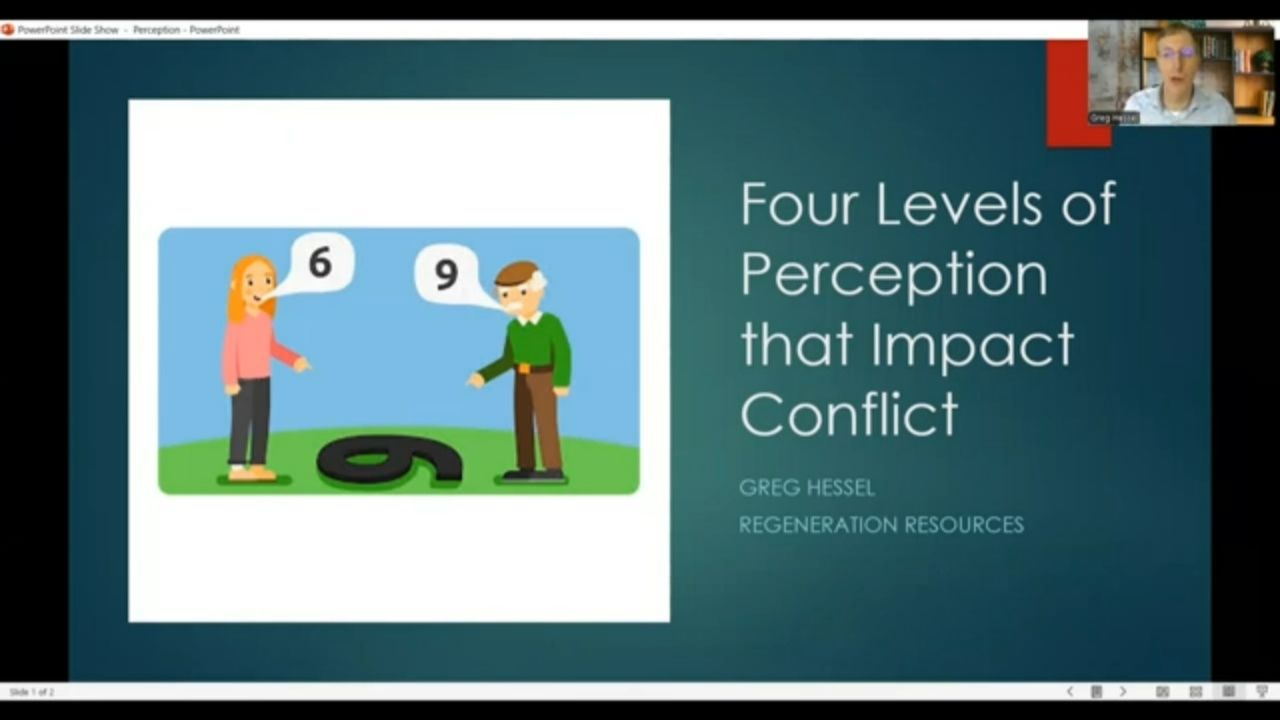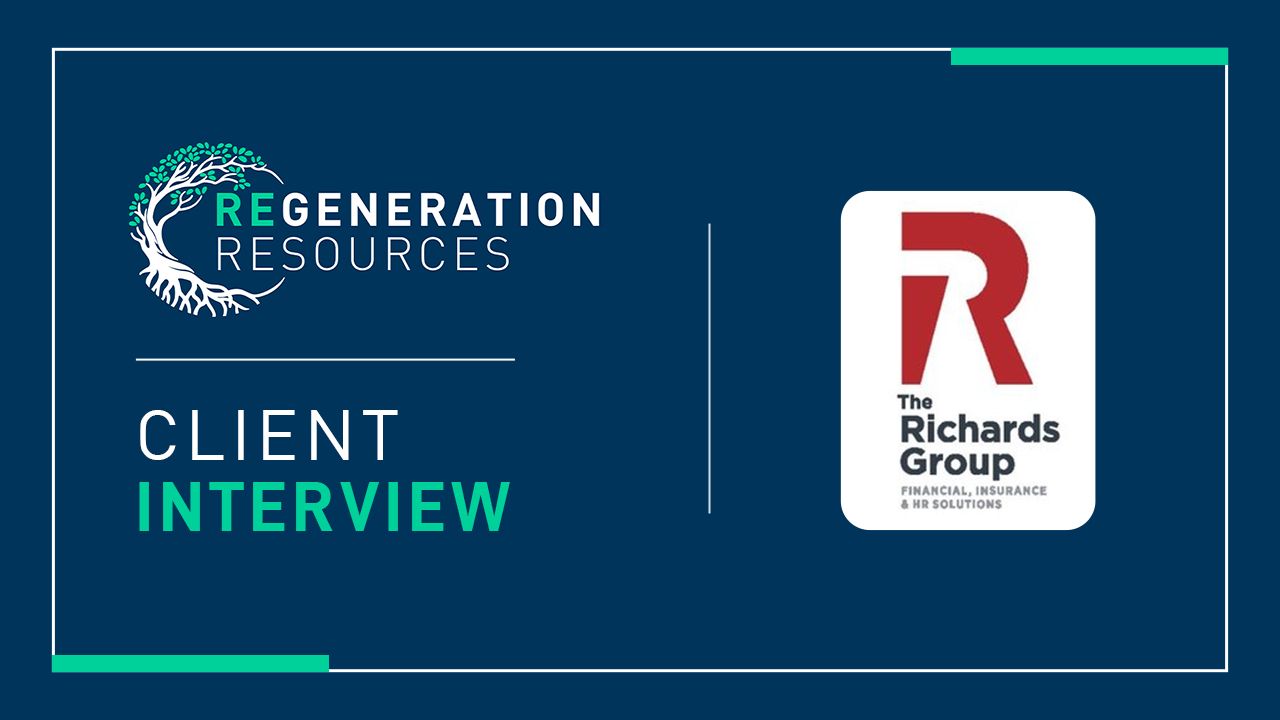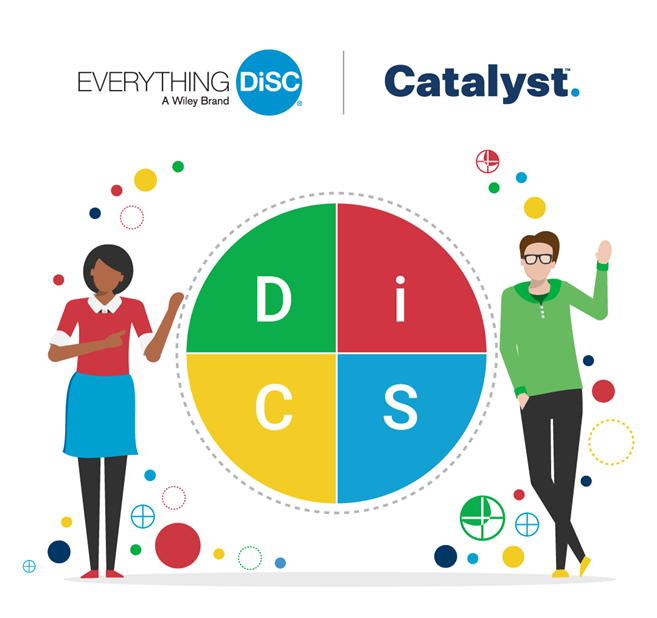The Power of Acknowledgements
"I'm sorry", Doesn't Mean It's all Your Fault
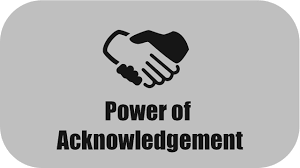
In difficult conversations, what most of us want, more than anything, is to be listened to and acknowledged. Nothing has more power to de-escalate a conflict than a genuine acknowledgment by the other person. So, what makes acknowledgment so hard?
We have been taught that acknowledging the other person’s perspective means that they are right and we are wrong. Many of us resist acknowledging the other because we think it means admitting fault. Unwilling to assume blame, we sometimes use pseudo acknowledgments like, “I’m sorry you felt that way,” which is usually heard as, “This had nothing to do with me, or my actions, but too bad for you.” Pseudo-acknowledgments often make matters worse.
The key to giving a gneuine acknowledgement lies in recognizing that while it may not have been our intentions, our actions do sometimes have a negative impact on others. So, you might try to say something like, "While it was not my intention, I can understand how that could have been hard for you." This does not imply that you are to blame. But it does acknowledge that your actions impacted the other person--even if unintentionally. A simple acknowledgement like this can save you from a long, protracted battle.
Every few months I produce a free newsletter. No Spam. Unsubscribe anytime.
For a taste, view the archives
SUBSCRIBE
Thank you for contacting us. We promise not to Spam you and we'll get back to you as soon as possible.
Please try again later.
Blogs and vlogs are sorted by topic at the bottom of each service page
STRATEGIC PLANNING
CHANGE MANAGEMENT
CONFLICT MANAGEMENT
TEAM BUILDING
ASSESSMENTS
EXECUTIVE COACHING
IMPROVING EFFICIENCY
BOARD DEVELOPMENT
See the world as you want it to be and learn how to make it that way.
802-251-0048
Brattleboro, VT 05301
QUICK LINKS
SERVICES
SUBSCRIBE
Thank you for contacting us. We promise not to Spam you and we'll get back to you as soon as possible.
Please try again later.
